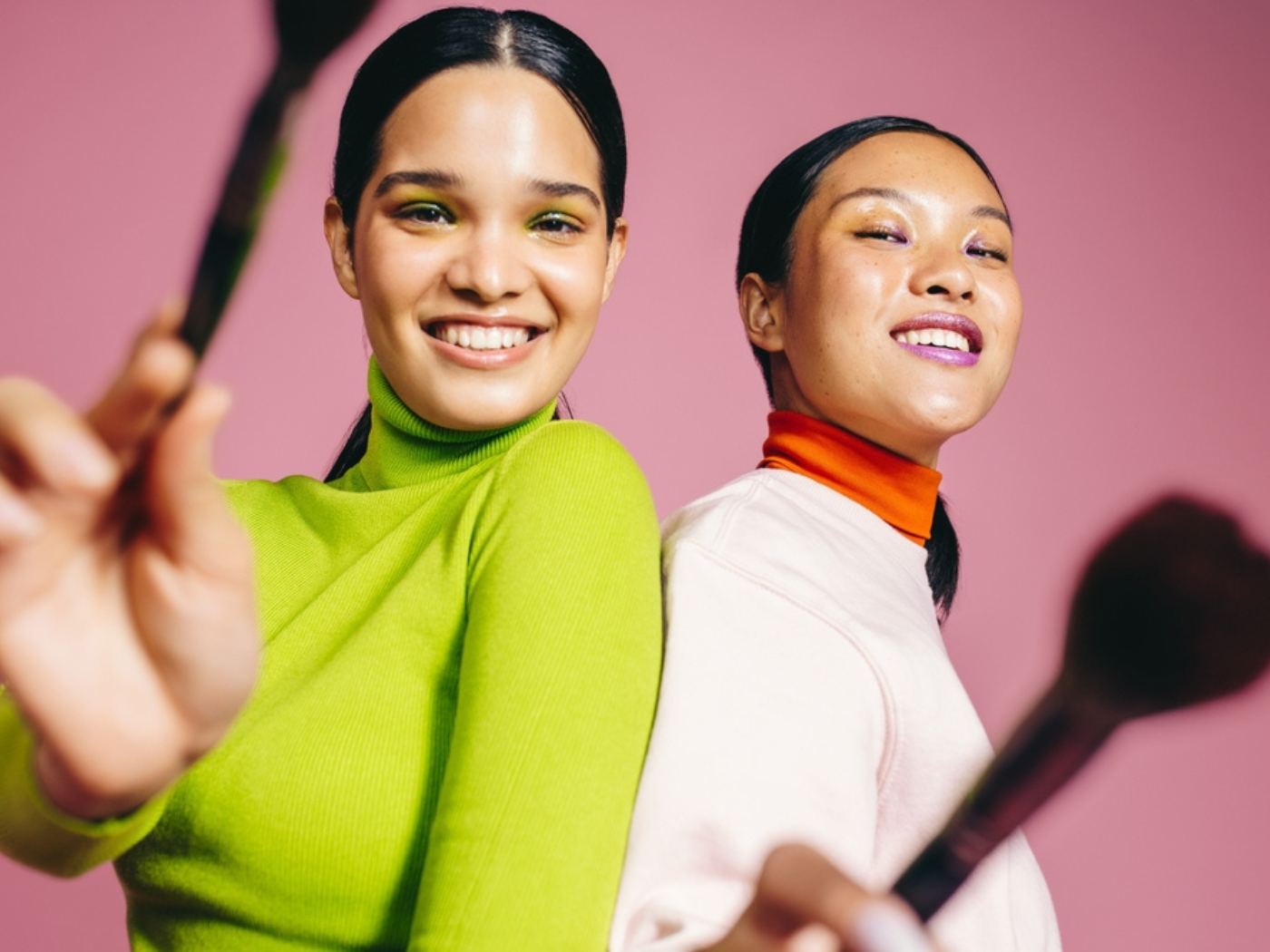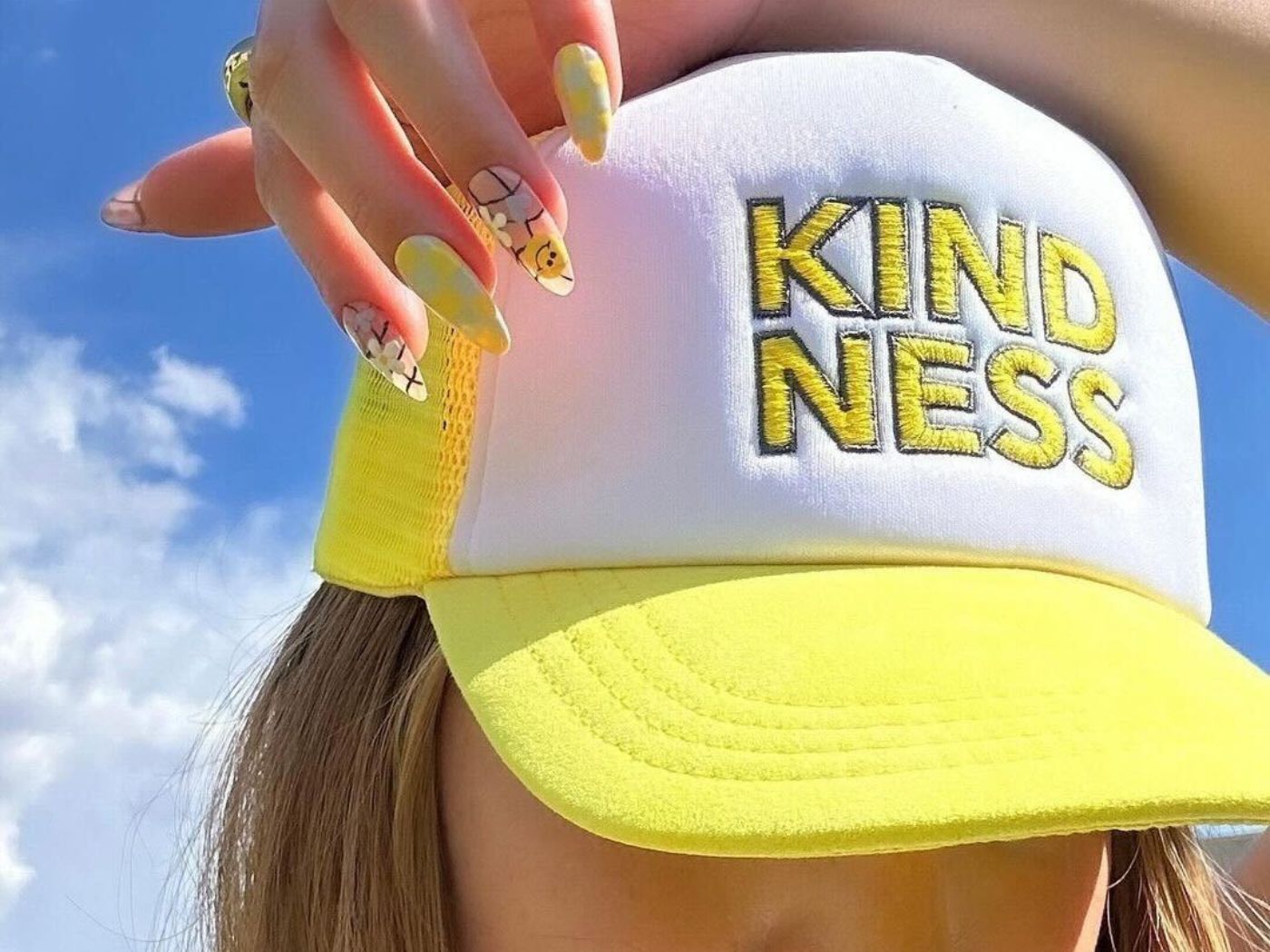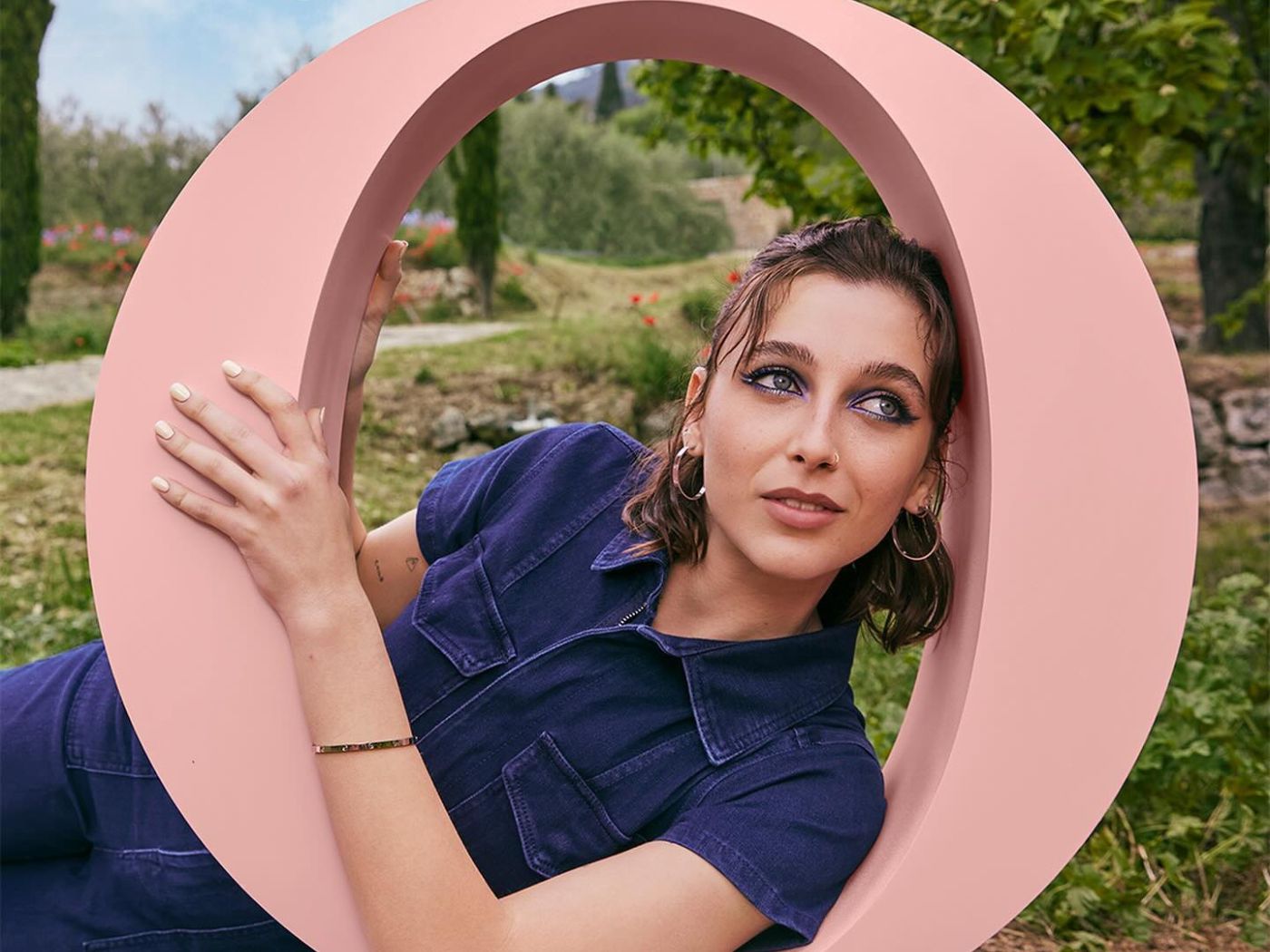Beauty brands are so attractive their pool of suitors is growing.
In addition to large strategic acquirers and familiar private equity firms, emerging investment firms and rising small-to-midsize multi-brand beauty companies are exercising their purchasing power. Many of these new beauty brand bidders are carving out unique niches in the M&A marketplace to win over founders choosing from a widening field of potential partners.
Newport Beach, Calif.-based Five Crowns Capital, zeroes in on brands that could use restructuring, sourcing modifications, repositioning or enhanced sales capabilities to boost their equity value. The firm typically targets brands earning $4 million to $10 million typically overlooked by more conventional beauty brand buyers and may be relatively affordable (in the range of four to seven times EBIDTA rather than seven to 12 times EBIDTA).
Within the space of about a year, Five Crowns Capital has made two beauty acquisitions – self-tanning authority Beautisol and skin care brand Cellessence – and is closing in on a third. “We didn’t have the intent of focusing on beauty, but we have come across interesting and compelling opportunities,” said founder and managing partner Jeffrey Schaffer. “The beauty business has nice margins. It doesn’t go out of style. It has traditionally been recession resistant. People are going to continue to buy lipstick and nail polish.”
Former TSG Consumer Partners managing director and general partner Alexander Panos’ upstart, Bookend Capital, is hunting slightly larger fish than Five Crowns Capital: consumer brands with sales of $10 million to $80 million. According to Bookend’s website, Alexander, who has worked on deals for Smart Balance, N.V. Perricone M.D. and Harry’s Fresh Foods, is investing personal capital to obtain 20 percent to 100 percent ownership in brands. He’s keen on acquiring companies that nurture quality even as they expand.
Another neophyte securing beauty assets is Luxe Brands. The Plantation, Fla.-based company has quickly assembled an experienced beauty team – including Debbie Murtha, previously Senior Vice President and General Merchandise Manager at Macy’s, and Noreen Dodge, who held top marketing posts at Elizabeth Arden and Give Back Brands. Together with Designer Parfums the two scooped up Frédéric Fekkai for a reported $50 million. A partner company of beauty product distributor AB Diversified, Luxe Brands was founded by CEO Tony Bajaj to develop and market prestige beauty brands.
Luxe Brands’ domain to-date has been primarily limited to fragrances, notably the Natori, Ghost, Hummer, Aigner and Jean Patou scent franchises, as well as the Ariana Grande fragrance launching in September. However, the company’s purchase of Fekkai, the addition of skin care brand DDF to its portfolio and its management moves shows it is serious about spreading its wings across the beauty segment.
Multi-brands beauty firms in acquisitive moods are multiplying. Luxury Brand Partners, which has offices in Miami and New York, has developed an impressive roster of salon brands (in hair care, there’s Oribe, R+Co and V76 by Vaughn and, in nails, there’s Smith and Cult), and is planning to extend into skin care, possibly via a purchase of a brand registering $1 million or so in sales that might require some assistance to progress further than its current stage.
Other firms that may be scanning available beauty brands are Concept to Co LLC and Seed Beauty. Seed Beauty, the Southern California speed-to-market specialist behind color cosmetics brand ColourPop, reveals on its website that it has two acquisitions in process, although it doesn’t name the parties being acquired.
Divya Gugnani, founding partner of Concept to Co and co-founder of Wander Beauty, is also looking to invest in beauty, with $25,000 to over $1 million to spend. Explaining ideal investment marks, Divya said, “I have had a million entrepreneurs come to me and say, ‘I want to create a beauty product.’ You can create really innovative products and, 30 seconds later, someone else can create that product, and what are you left with? Nothing. I look for innovation and what I mean is innovation across the board, not just with a product.”
How these multi-brand beauty companies and budding investment firms treat their acquisitions long-term remains uncertain. The multi-brand businesses proclaim today that their approach is to build and retain brands for the foreseeable future, but there’s no telling whether a buyer offering a pretty penny could change hearts. The investment firms are likely to stick to shorter horizons.
At Five Crowns Capital, managing partner David McReynolds outlined that the firm is generally involved in its investments for three to five years. “It takes a few years to affect change and grow the business, and you need to get a year or two of demonstrated financial results, so you can show a buyer sustained performance. Things have happened quicker, and they have also happened slower,” he said. “The most important thing is to focus on execution, and there will be an exit waiting for you.”



